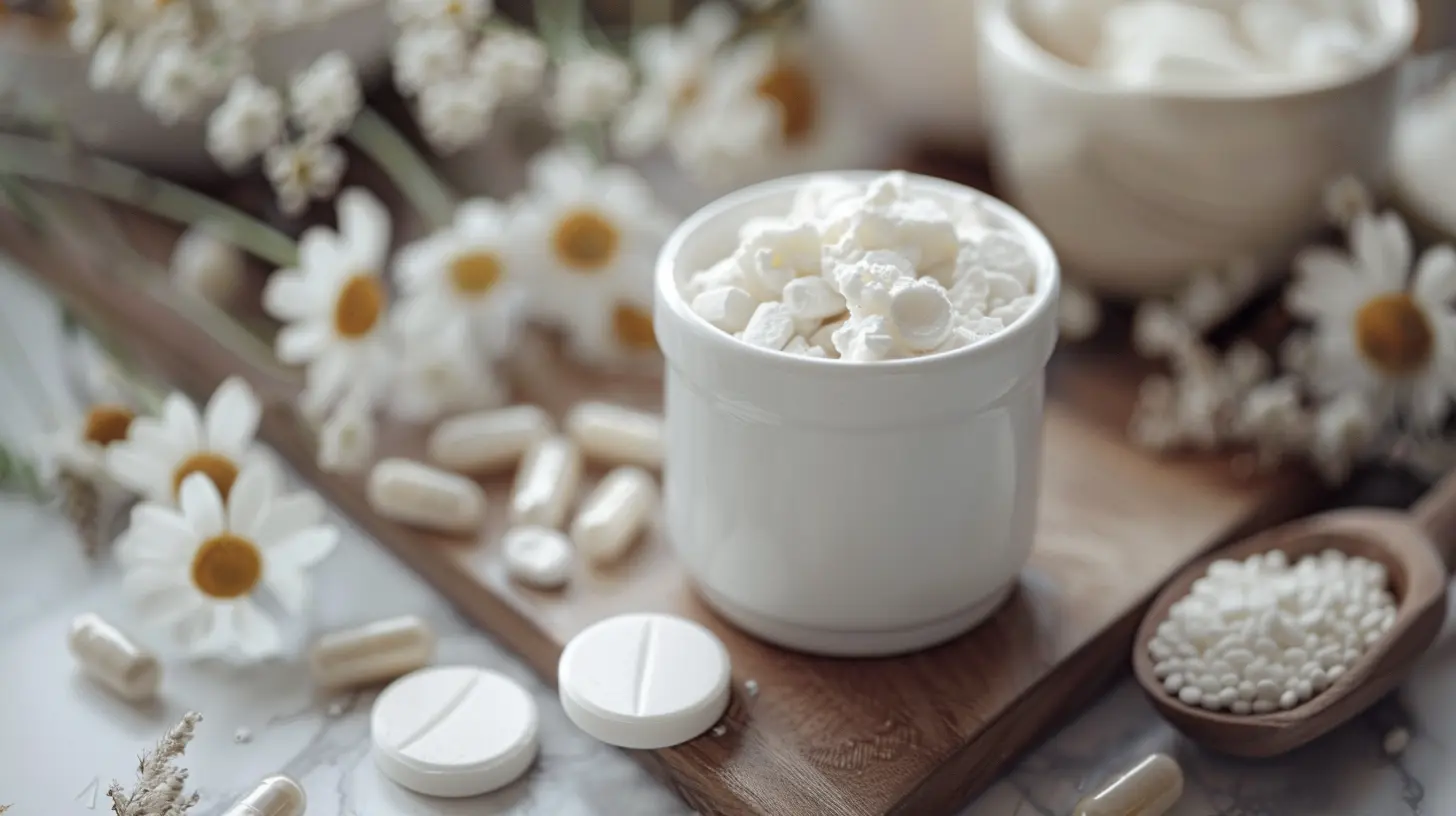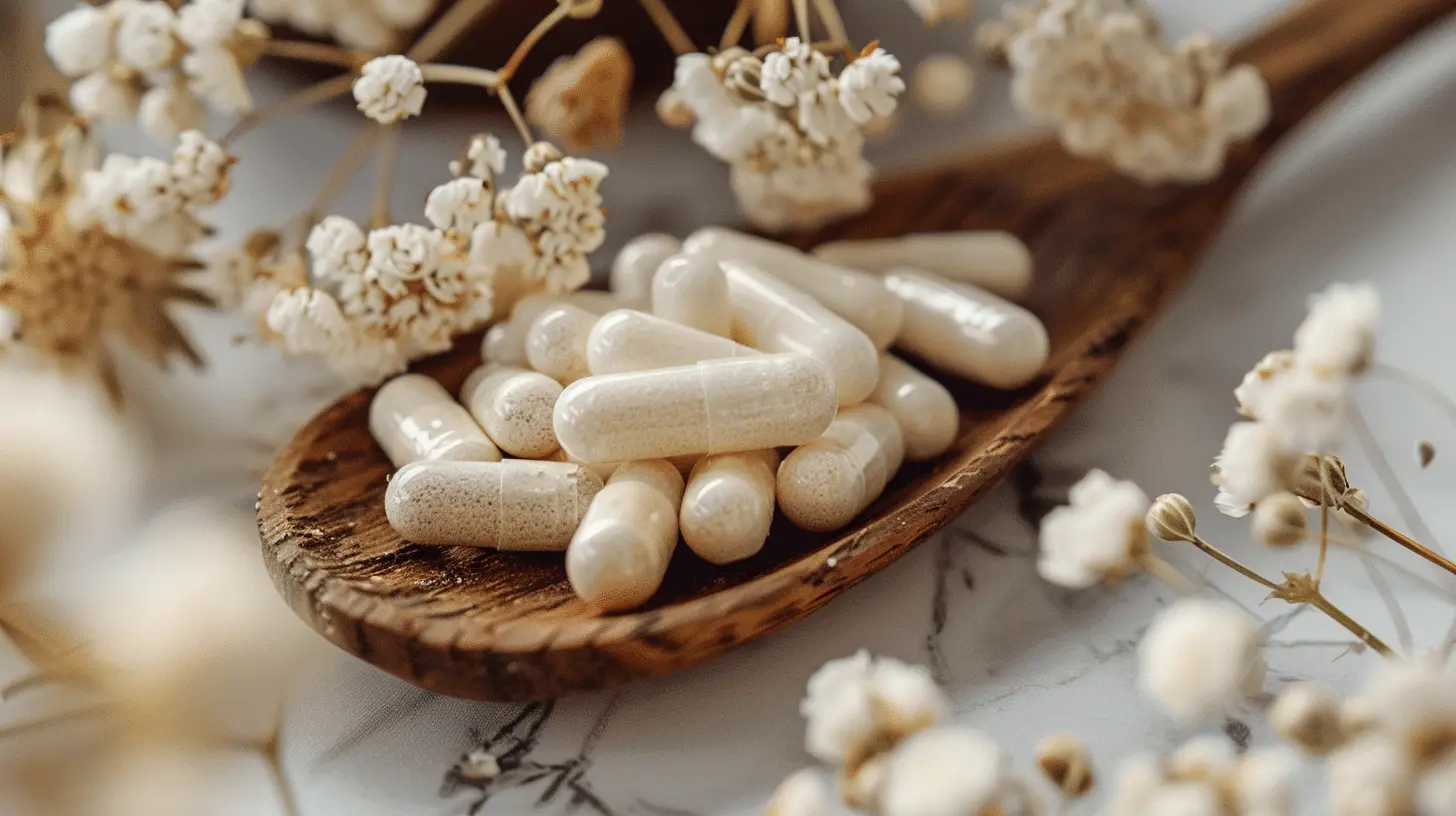Exploring the Role of Probiotics in Reducing Eczema Symptoms
17 October 2025
Eczema can be downright frustrating. The relentless itch, dry patches, and flare-ups can make life miserable. If you've tried every cream, lotion, and prescription without much success, you're not alone. But what if the key to calming your skin was hidden inside your gut?
Yes, you read that right. Probiotics—those friendly bacteria found in yogurt, fermented foods, and supplements—might just be the missing piece in your eczema-fighting toolkit. Let’s dive deep into how probiotics can help reduce eczema symptoms and why gut health plays a bigger role in your skin than you might think.

Understanding Eczema and Its Triggers
Before we talk about probiotics, let's break down eczema. Also known as atopic dermatitis, eczema is a chronic skin condition characterized by:- Itchy, inflamed skin
- Red, dry, or scaly patches
- Occasional oozing or crusting
Eczema is often linked to a weakened skin barrier and an overactive immune response. Triggers vary from person to person, but common culprits include:
- Allergens (dust, pet dander, pollen)
- Irritants (soaps, detergents, fragrances)
- Stress
- Weather changes
- Diet (dairy, gluten, processed foods)
But here's the kicker—emerging research suggests that gut health could be a major player in eczema flare-ups. That’s where probiotics come in.

The Gut-Skin Connection: Why Your Belly Affects Your Skin
Ever heard the saying, "You are what you eat?" Well, your skin reflects what’s going on inside your gut. The gut microbiome, made up of trillions of bacteria, plays a crucial role in overall health—including skin health.When your gut microbiome is balanced, your immune system functions properly, inflammation stays under control, and your skin stays happy. But when harmful bacteria outnumber the good guys? That’s when trouble starts.
A disrupted gut microbiome (also known as dysbiosis) can trigger inflammation throughout the body, including the skin. This inflammation can worsen eczema symptoms, making flare-ups more frequent and severe.
So, how do you restore balance? Enter probiotics.

How Probiotics Help Reduce Eczema Symptoms
Probiotics are beneficial bacteria that help restore harmony in your gut. By consuming probiotics through food or supplements, you can improve digestion, strengthen immunity, and—most importantly—potentially soothe eczema symptoms.Here’s how probiotics work their magic:
1. They Reduce Inflammation
Eczema is an inflammatory skin condition, and probiotics help by calming the immune system. Certain probiotic strains, like Lactobacillus rhamnosus and Bifidobacterium lactis, have been shown to reduce inflammation and allergic reactions linked to eczema.2. They Strengthen the Skin Barrier
A strong skin barrier helps lock in moisture and keep irritants out. Probiotics enhance the production of ceramides—natural lipids that maintain skin hydration and prevent dryness.3. They Control Harmful Bacteria
Bad bacteria in the gut can leak toxins into the bloodstream, leading to inflammation and skin issues. Probiotics help by crowding out the harmful microbes, restoring balance, and preventing flare-ups.4. They Support the Immune System
Since eczema is linked to an overactive immune response, probiotics help regulate immune function by training your body to react appropriately to allergens and irritants.
Best Probiotic Strains for Eczema
Not all probiotics are created equal. If you're looking to improve eczema symptoms, focus on these powerhouse strains:- Lactobacillus rhamnosus – Helps reduce eczema severity, particularly in children
- Bifidobacterium breve – Supports skin hydration and reduces inflammation
- Lactobacillus fermentum – Strengthens the skin barrier and reduces itching
- Lactobacillus paracasei – Helps balance gut bacteria and boosts immunity
For best results, look for probiotics that contain a mix of these strains in high CFUs (colony-forming units).
Probiotic-Rich Foods to Include in Your Diet
While supplements are great, you can also get a probiotic boost from whole foods. Try incorporating these into your diet:- Yogurt – Opt for plain, unsweetened versions with live cultures
- Kefir – A fermented milk drink packed with probiotics
- Sauerkraut – Fermented cabbage loaded with gut-friendly bacteria
- Kimchi – A spicy Korean condiment with probiotic benefits
- Miso – A fermented soybean paste great for soups
- Kombucha – A fizzy probiotic tea that supports digestion
Eating these foods regularly can help diversify your gut microbiome and promote healthier skin.
Do Probiotic Supplements Work for Eczema?
If probiotic-rich foods aren’t your thing, supplements can be a great alternative. Several studies suggest that probiotic supplements, especially those with Lactobacillus and Bifidobacterium strains, can reduce eczema severity—particularly in infants and young children.However, results may vary. Some people see improvements within weeks, while others may need months to notice a difference. To maximize benefits:
- Choose a high-quality probiotic with at least 10-20 billion CFUs
- Look for multiple strains instead of just one
- Take it consistently for at least 8-12 weeks
- Pair it with a gut-friendly diet (fiber-rich foods, less sugar)
Are There Any Side Effects?
For most people, probiotics are safe. However, some may experience mild bloating, gas, or digestive changes when first introducing them. This usually passes as the body adjusts.If you have a weakened immune system or underlying health conditions, consult a doctor before taking probiotic supplements.
Should You Try Probiotics for Eczema?
If you're tired of dealing with stubborn eczema, probiotics are worth a shot. While they’re not a magic cure, they can play a supportive role in reducing inflammation, strengthening the skin barrier, and improving overall health.However, probiotics work best as part of a holistic approach. Pair them with an anti-inflammatory diet, a solid skincare routine, and stress management techniques for the best results.
At the end of the day, good skin starts from within. Give your gut some love, and your skin just might thank you for it.
all images in this post were generated using AI tools
Category:
ProbioticsAuthor:

Eileen Wood
Discussion
rate this article
1 comments
Clarissa Lopez
Great article! Probiotics are a fantastic way to support skin health—here's to happier, healthier skin for everyone! 🌟✨
October 21, 2025 at 2:20 AM

Eileen Wood
Thank you! I'm glad you enjoyed the article. Here's to healthier skin for all! 🌟✨


